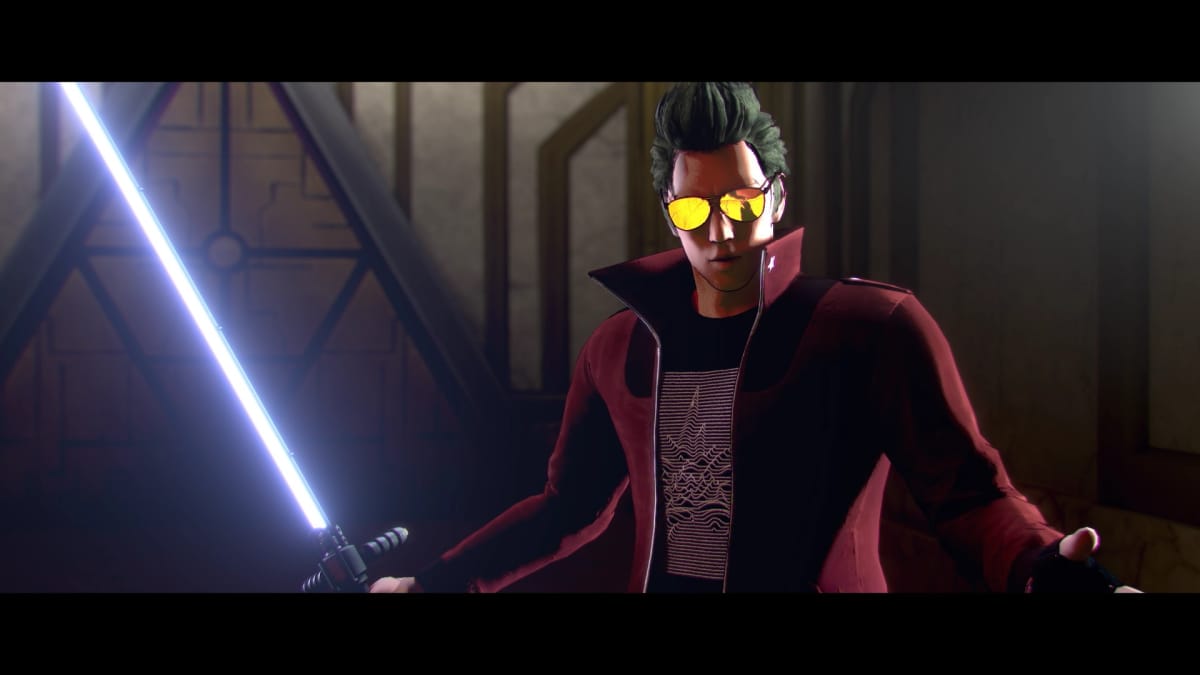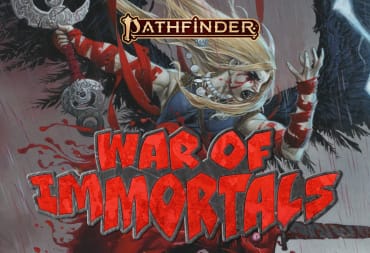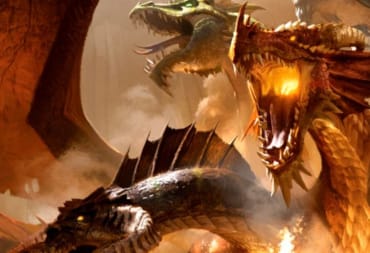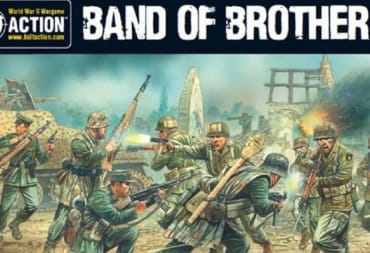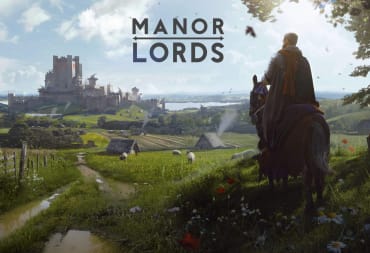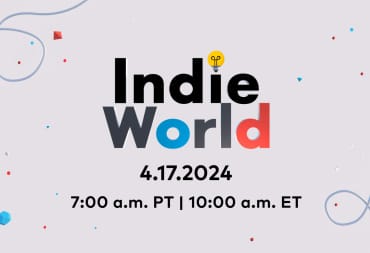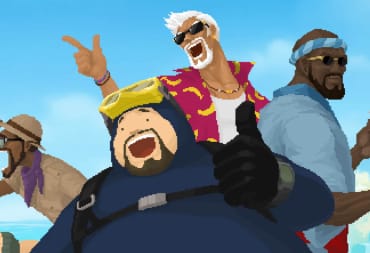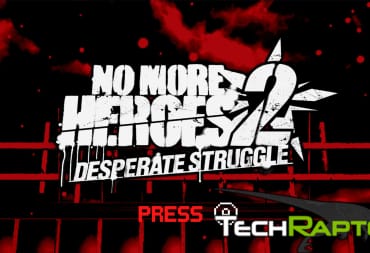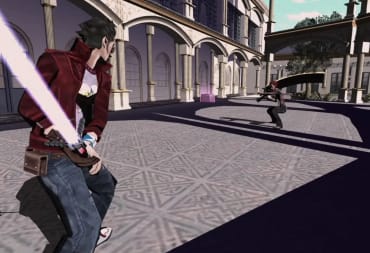Back in 2008, Japanese auteur Goichi “Suda51” Suda and his team released No More Heroes on the Wii. It was a hyperviolent and darkly satirical take on video games, the people who play them, and the deeply toxic worldview of a “Gamer” mindset taken to its logical extreme. The whole thing was as subtle and elegant as a rusted shovel to the face. As a gameplay experience, it was a mostly mindless hack-and-slash affair. Its protagonist, Travis Touchdown, might be one of the most unlikable cretins to ever be made of pixels and polygons.
And after revisiting this game and sequel on the Nintendo Switch 12 years later, with hype for the third installment building, there is one curious element that has undergone an interesting transformation: Travis Touchdown himself.
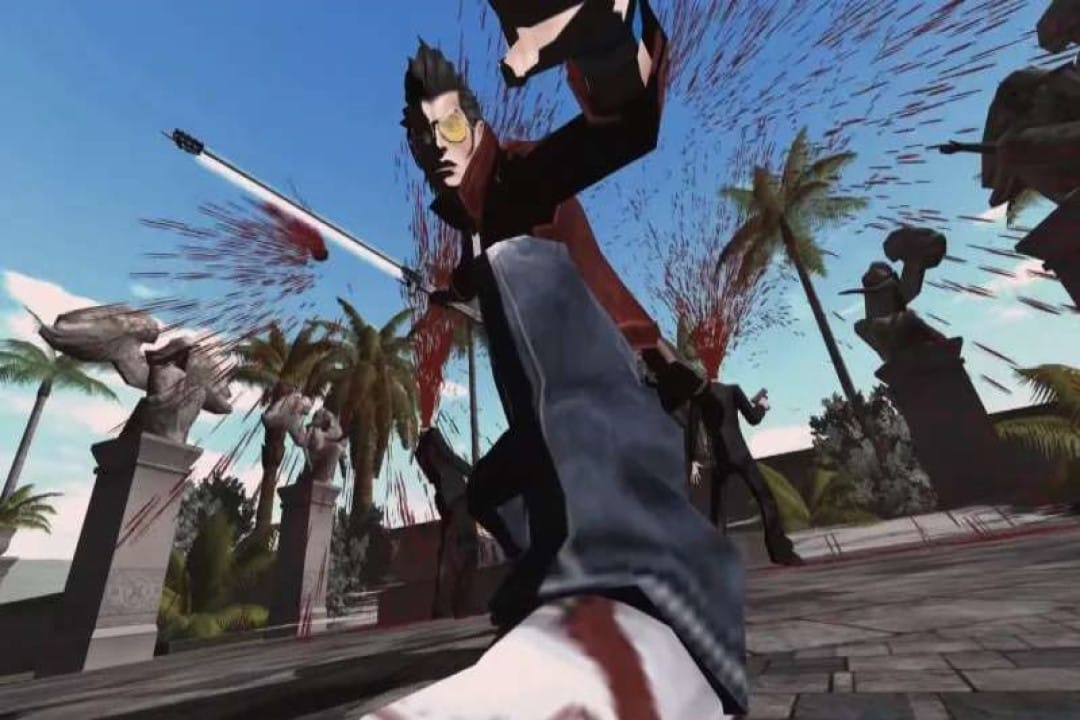
That Sweet Escape Called Paradise
Everything from the level design to the story turns scream the same thing: let me get to the good part where I fight and kill someone.
In the first game, Travis was essentially pure gaming id given form. His design was based on Johnny Knoxville from MTV's Jackass, and his hobbies included touching himself to anime, video games, and professional wrestling. He's an antisocial shut-in with no friends, and generally treats women like crap; either calling them bitches or making creepy sexual advances. And his big grand goal that forwards the entire game's plot is a simple desire to be the number-one assassin in the world, giving him free reign to chop people to pieces with his off-brand lightsaber; also a girl agreed to sleep with him if he won.
There is no depth to him at all. What you see is what you get. For a certain subset of players it was like looking in a twisted mirror. This was because, at the time, the public perception of nerds and nerd culture was unflattering to say the least. The stereotype of the fully grown adult still obsessing over childlike things with no real job aspirations or any “real” social experiences was still the model for how people saw the hobby.
This framing continues in No More Heroes' very level design and structure. Santa Destroy is a big open-world, but instead of having any fun activities it just has a bunch of boring day-job missions you have to mindlessly grind for cash—cash you need to unlock the next level. Furthermore, the very boss battles, the big bloody carrot on the stick that's keeping Travis going, are brimming with personality and creativity. Every single one of them could have been a compelling final antagonist in any other context, but instead, they're all cut down by some angry weeaboo pulling random superpowers out of nowhere like a chaotic force of nature.
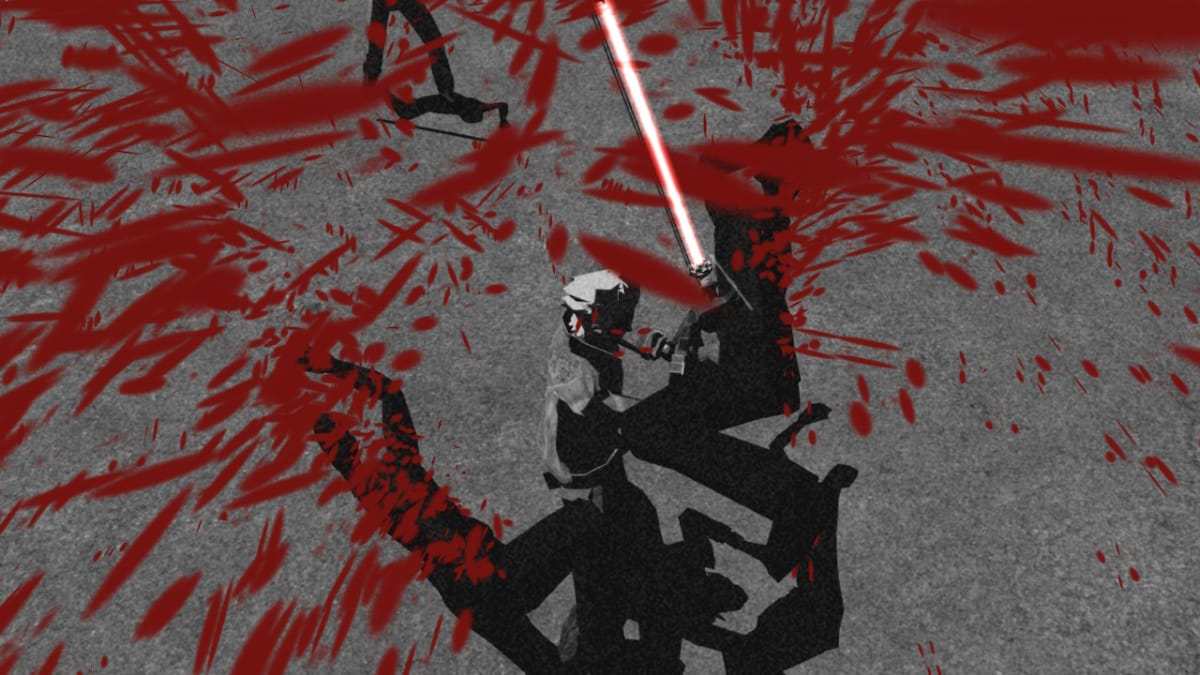
Everything from the level design to the story turns scream the same thing: let me get to the good part where I fight and kill someone.
It's not introspective or critical of this desire to reinforce the stereotype; in fact, it wants you to embrace it. No More Heroes makes those very boss fights explosive and exciting to the point that you are willing to accept the boring and tedious busywork to get to the next one. As infuriating and backwards this kind of level design is, it did lead to a game where a thoroughly unlikeable lead character became a vehicle for unrestrained action.
The most transcendent part of the first game practically spells this out with its final battle where, after Travis shrugs off a bunch of stunning plot twists in the final hour, ends up trapped in an endless fight with his long lost twin brother. No plot, no development, just another big challenge to overcome or die trying, roll credits.
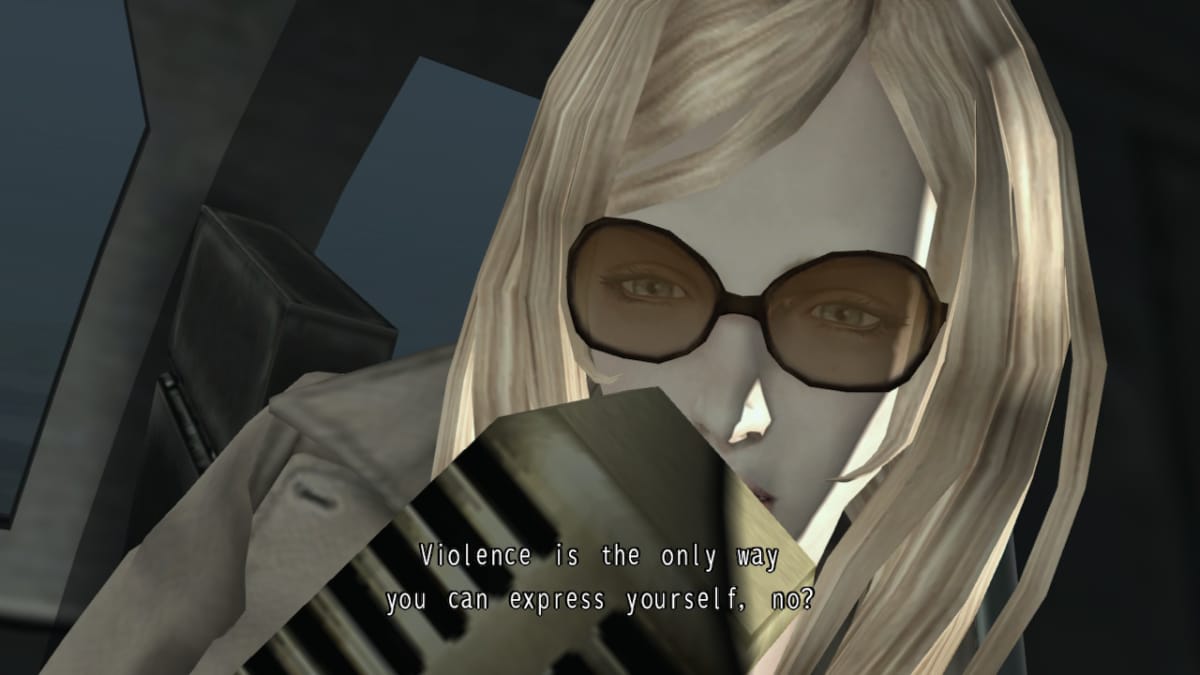
The Self-Conscious Sequel
Then things got weird with No More Heroes 2: Desperate Struggle. In a lot of ways it's a far more conventional experience and somehow manages to unfilter Travis' juvenile desires even more. There are no more roadblocks in the way: no open world, no more required tedious grinding. There is nothing here now but fights, just what Travis, and by proxy the player, wanted.
And yet the sequel feels weaker due to how it changes Travis Touchdown and his home of Santa Destroy. In the first game, everyone kept calling Travis out for his wretched behavior, either treating him as an inept loser way over his head or an easily fooled idiot. Now, Travis is praised as a living legend, even referred to as the Crownless King by several of the bosses, his behavior constantly framed as either fantastic, confident, or aspirational. Even his motivation for returning to the assassination ranked battle arena is a more straightforward revenge plot: some goons killed the owner of his favorite video store.
He not only became the best, he developed imitators. Travis Touchdown made his very brand of gory murder its own entertainment industry, turning Santa Destroy into a gentrified metropolis, all built on hyperviolent indulgent spectacle. Just to hammer this home even further, the final battle of this sequel is against the CEO of a major corporation who profited off of selling these premium fights.
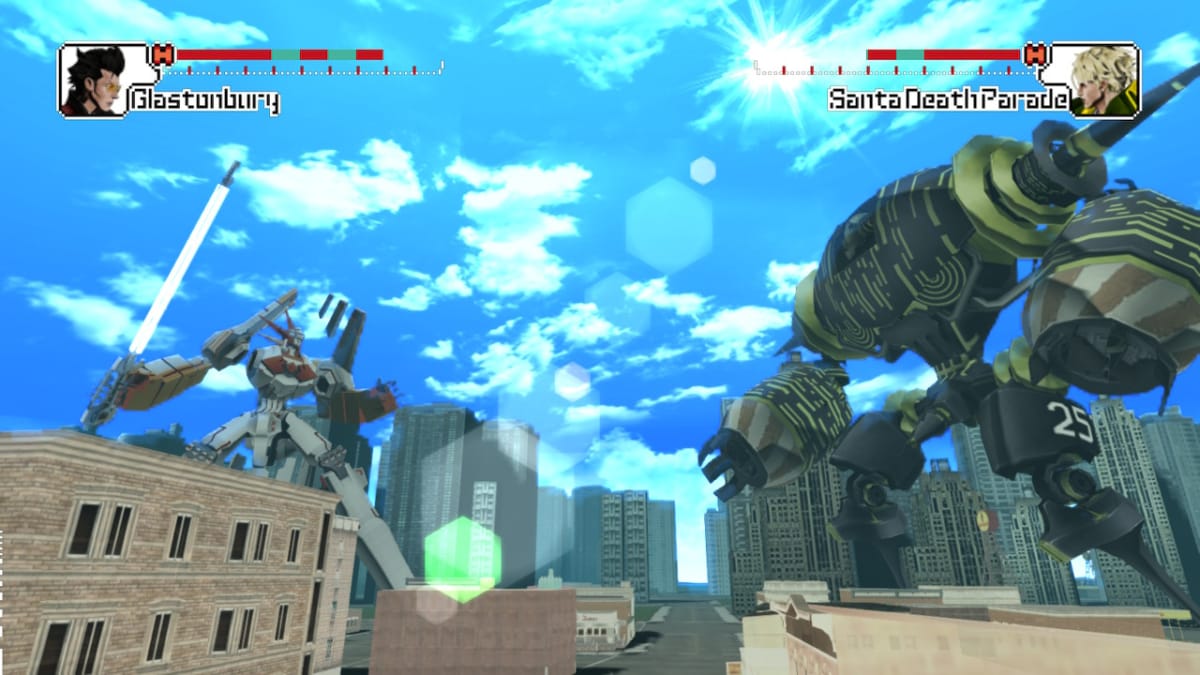
In other words, No More Heroes' very core has gone mainstream, and Travis has transformed into an anarchic icon. He is still a highly insecure man-child, but his behavior is treated as lovable quirks rather than deplorable and lecherous. He has gone from a loser who got grifted out of millions of dollars by a pretty face promising him a night in bed to a one-man army with his own giant robot.
This was back in 2010, in the middle of the era where nerd culture took over the American zeitgeist. Elements like the rise of social-media millionaires, the mainstream success of The Dark Knight trilogy, and the beginnings of the Marvel Cinematic Universe all played a role in making the nerd stereotype not just accepted, but praised.
In this context, the Travis Touchdown of No More Heroes 2 feels like an angry, insular response to this newfound platform. A gatekeeping agent of the old guard who remembers how things used to be, how there didn't need to be a consideration for mass appeal. As a result, his character doubles down on his esoteric desires, no matter how much it upsets things or makes no sense. Giant robot fights, breaking the fourth wall, and brief sequences where you play as completely different characters are all examples of this. If being a gaming nerd is the new cool, then Travis Touchdown is the coolest guy on the block now, and he wants you to know it.
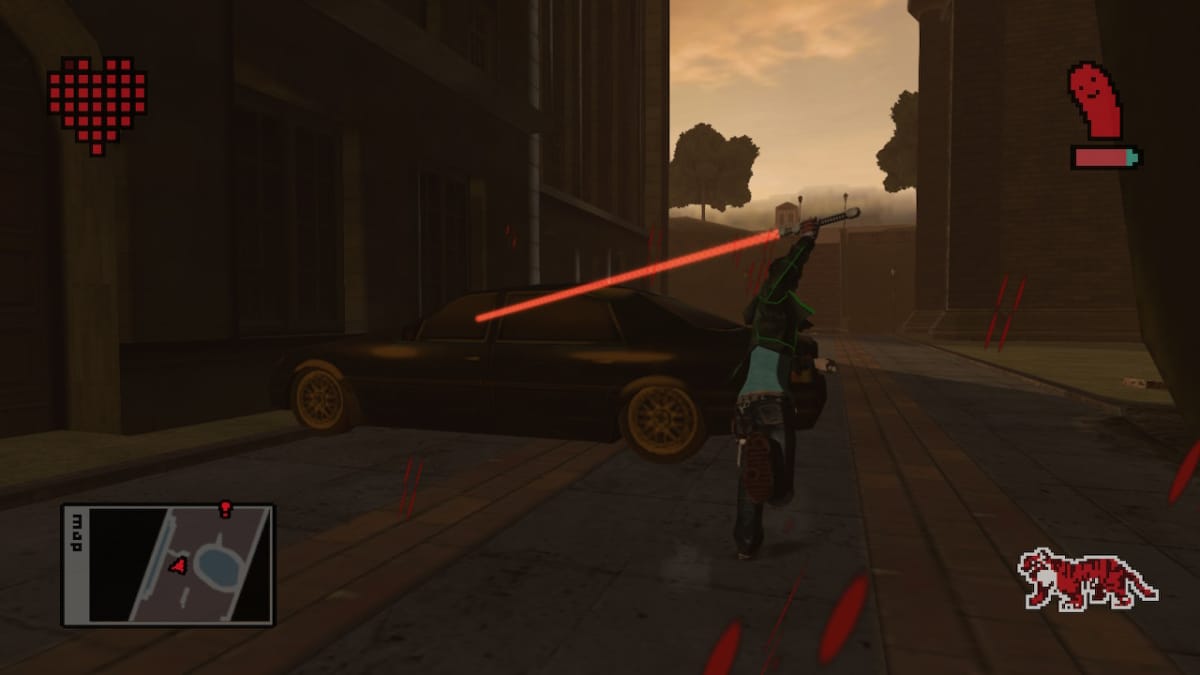
The Crownless King Returns
It wouldn't be until 2019, almost a decade since the last game, that we'd get an announcement for No More Heroes 3, and everything we've seen of it feels like the exact opposite of Travis Touchdown's juvenile beginnings. The very announcement trailer was billed as a sort of dark parody of ET, where an alien companion befriends a small boy, builds a rocket home, then comes back 20 years later as a world-conquering maniac; only the trailer's last 10 seconds show Travis triumphantly returning to do battle.
The marketing continued this message. Travis Touchdown is back, and now he's a full-blown hero here to fight an alien invasion. Everything about it plays like a parody of the plot of the end of a trilogy where the stakes are at their highest and the character drama should be at their peak, except Travis Touchdown's entire claim to fame is being pure, unrefined, angry nerd all the time.
But looking a bit deeper at other bits of media released this same year, things become clearer. While Travis Strikes Again: No More Heroes was more of a tease of what's to come than a proper sequel, it did highlight Travis as a newfound lover of indie games. The biggest credit to this is a full-blown shoutout to the hyperviolent Hotline Miami tucked away in it, the poster child for games that deal the very pulse-pounding, visceral satisfaction Travis loves.
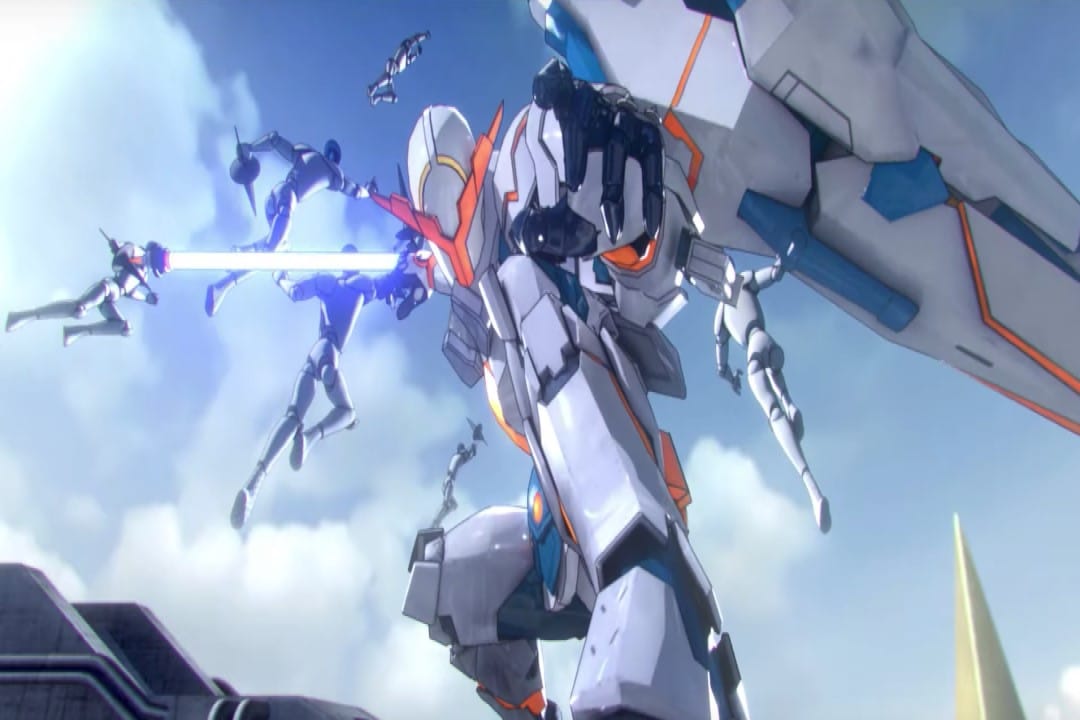
Then, there is the wrinkle in No More Heroes 3's story-focused trailer that the boy who befriended the alien went on to become a super-rich CEO who is more than willing to help conquer the earth... is named Damien Riccitello. In other words, a combination of the Anti-Christ from the horror film The Omen and former CEO of Electronic Arts, John Riccitello. He parodies the head of a company that helped codify many of the hated modern AAA gaming practices like microtransactions, loot boxes, and battle passes. These things—meant to take advantage of the very gaming psychology that defines Travis Touchdown—are labeled as absolute evil.
This is mostly speculation until No More Heroes 3 is officially out, but it's an arc that wouldn't be unheard of. Starting as pure angry energy just wanting to fight cool stuff, transitioning to gaming hipster superhuman, then returning as a champion against the very commodification of interactive engagement itself is not a bad look for Travis Touchdown as a character. It would also continue the parallels among the normalizing of STEM fields of study in schools and an increasingly informed gaming audience with ever-increasing lawsuits around the ethics of lootboxes and the rise of free-to-play style monetization in smartphone games.
This isn't meant to forgive Travis' attitude or behavior in his debut titles by any stretch. The guy still represents relics of the gaming community's past, but over time he's learned to channel it towards certain causes. He's the embodiment of Suda51's motto of “punk's not dead,” so it's only natural that the most punk thing he can do in an increasingly modern and cynical age is actively care about something.
Have a tip, or want to point out something we missed? Leave a Comment or e-mail us at tips@techraptor.net
